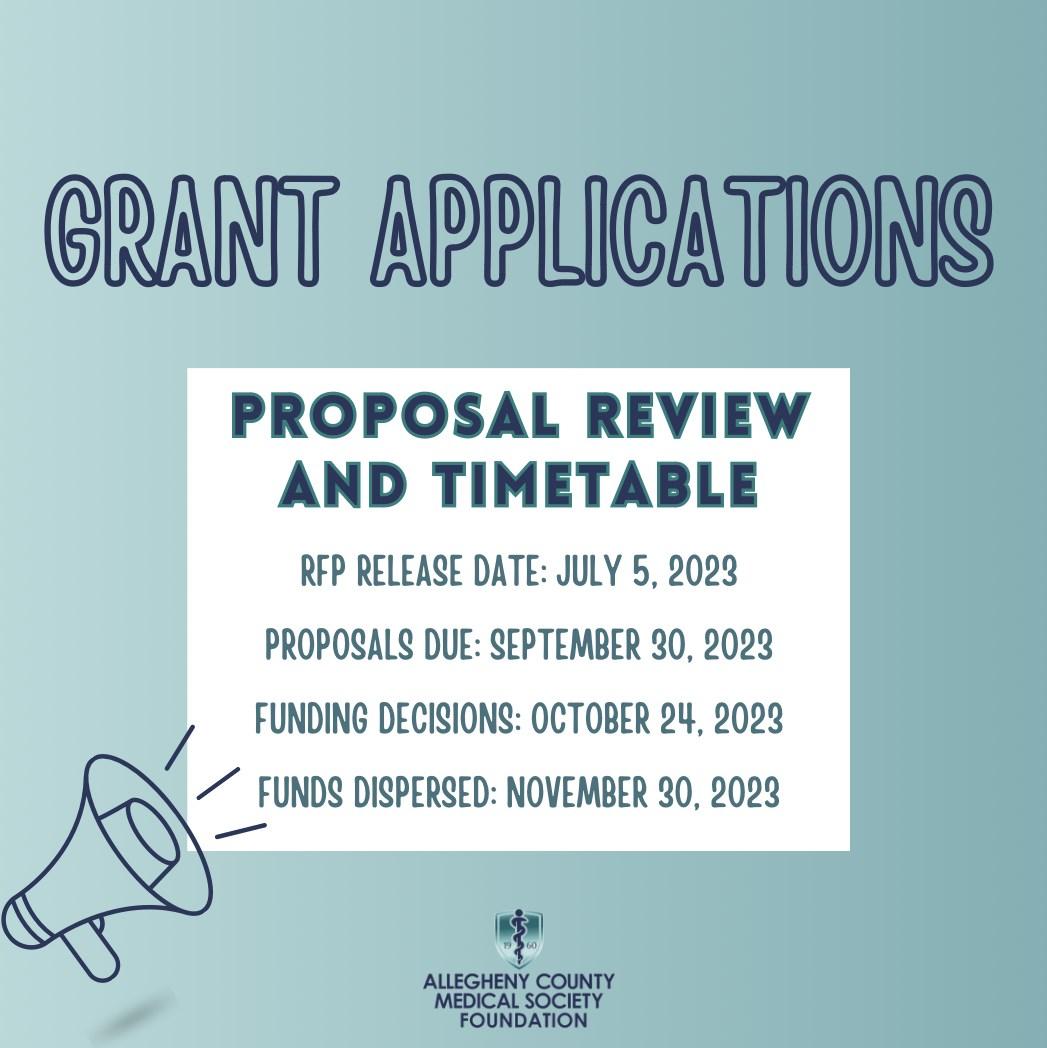
3 minute read
Materia Medica
by TEAM
From for a history of bipolar disorder, mania, or hypomania prior to initiating therapy, as these disorders may be activated by treatment with an antidepressant.1
Dextromethorphan-bupropion is contraindicated in patients with seizure disorders and in those with disorders that have an increased risk of seizure, including a current or prior diagnosis of bulimia or anorexia nervosa, or where there is abrupt discontinuation of alcohol, benzodiazepines, barbiturates, or anticonvulsant drugs.1 As with any antidepressant, this medication may increase suicidal thoughts and actions in young adults, especially in the first month of treatment or when the dose is changed.9 The prescribing information contains a Black Box Warning regarding an increased risk of suicidal thoughts and behaviors in pediatric and young adult patients.9
Advertisement
Use in Other Disease States
Treatment with dextromethorphan-bupropion was effective in reducing symptoms of agitation in patients with Alzheimer’s disease in a phase 2/3 study known as ADVANCE-1.1 A significantly greater change from baseline was observed in 357 patients with a probable diagnosis of Alzheimer’s compared to placebo at three weeks and five weeks. Two other studies that assess the efficacy and safety of in patients with Alzheimer’s disease-related agitation are ongoing.10
Dextromethorphan-bupropion was significantly more effective than bupropion alone when used for smoking cessation treatment in a phase 2, double-blind trial of 58 smokers.1 Those in the dextromethorphan-bupropion arm had a 25% greater reduction in the number of cigarettes smoked per day over the three-week treatment period than those in the extended-release bupropion arm.1
Implications for Practice
While the reported data for the use of dextromethorphan-bupropion is intriguing, it only includes short-term data on efficacy and adverse effects. Longer-term follow-up is needed to determine if the impressive response rates are sustainable, and whether there are any long-term safety concerns.3 Likewise, currently published studies excluded patients with psychosis or other psychiatric disorders, alcohol and/or substance abuse disorders, a clinically significant suicide risk, and significant medical co-morbidities; therefore, the application of the study findings may not reflect clinical practice.3 Dextromethorphan-bupropion has not been evaluated in pediatric patients or patients who are over 65 years of age with MDD.1 Finally, there is limited data on the use of dextromethorphan-bupropion in patients with treatment-resistant depression.11
A further concern is abuse potential with longterm use of dextromethorphan.11 The populations included in published studies were not considered to be at risk for abuse; more data is needed to determine whether the use of this agent would confer an additional liability in patients with a history of addiction, or conversely, whether it could be a potential treatment option for patients with opioid use disorder.11
The landscape of treatment options for MDD continues to evolve. Treatment strategies will always need to be individualized, and should consider the currently available agents, anticipated adverse effects, onset of action, and clinical practice recommendations. The GEMINI trial data supports the consideration of dextromethorphan-bupropion for the treatment of MDD. However, the specific place in therapy of this agent remains undefined, and long-term outcomes are yet to be reported. Further information and extended follow-up data are eagerly awaited.
Ms. Rodgers is a Doctor of Pharmacy candidate at Duquesne University School of Pharmacy. Dr. Fancher is an Associate Professor of Pharmacy Practice at Duquesne University School of Pharmacy. She also serves as a Clinical Pharmacy Specialist in Oncology at the University of Pittsburgh Medical Center at Passavant Hospital. She can be reached at fancherk@duq.edu or (412) 396-5485.
References
1. Keam SJ. Dextromethorphan/Bupropion: First Approval. CNS Drugs. Nov 2022;36(11):1229-1238. doi:10.1007/ s40263-022-00968-4
2. Tabuteau H, Jones A, Anderson A, Jacobson M, Iosifescu DV. Effect of AXS-05 (Dextromethorphan-Bupropion) in Major Depressive Disorder: A Randomized Double-Blind Controlled Trial. Am J Psychiatry. Jul 2022;179(7):490-499. doi:10.1176/ appi.ajp.21080800
3. Iosifescu DV, Jones A, O’Gorman C, et al. Efficacy and Safety of AXS-05 (Dextromethorphan-Bupropion) in Patients With Major Depressive Disorder: A Phase 3 Randomized Clinical Trial (GEMINI). J Clin Psychiatry. May 30 2022;83(4) doi:10.4088/JCP.21m14345
4. DSM-5 Changes: Implications for Child Serious Emotional Disturbance. 2016. CBHSQ Methodology Report.
5. National Institute of Mental Health. Major Depression. Available at https://www.nimh.nih.gov/health/statistics/major-depression. Accessed May 15, 2023.
6. Sheffler ZM, Patel P, Abdijadid S. Antidepressants. StatPearls. 2023.
7. Stahl SM. Dextromethorphan/Bupropion: A Novel Oral NMDA (N-methyl-d-aspartate) Receptor Antagonist with Multimodal Activity. CNS Spectr. Oct 2019;24(5):461-466. doi:10.1017/ S1092852919001470
8. Krystal JH, D’Souza DC, Mathalon D, Perry E, Belger A, Hoffman R. NMDA receptor antagonist effects, cortical glutamatergic function, and schizophrenia: toward a paradigm shift in medication development. Psychopharmacology (Berl). Sep 2003;169(3-4):215-33. doi:10.1007/s00213-003-1582-z
9. Auvelity [prescribing information]. New York, New York: Axsome Therapeutics, Inc., 2022.
10. ClinicalTrials.gov. United States National Library of Medicine. Available at www.clinicaltrials.gov . Accessed May 15, 2023.









